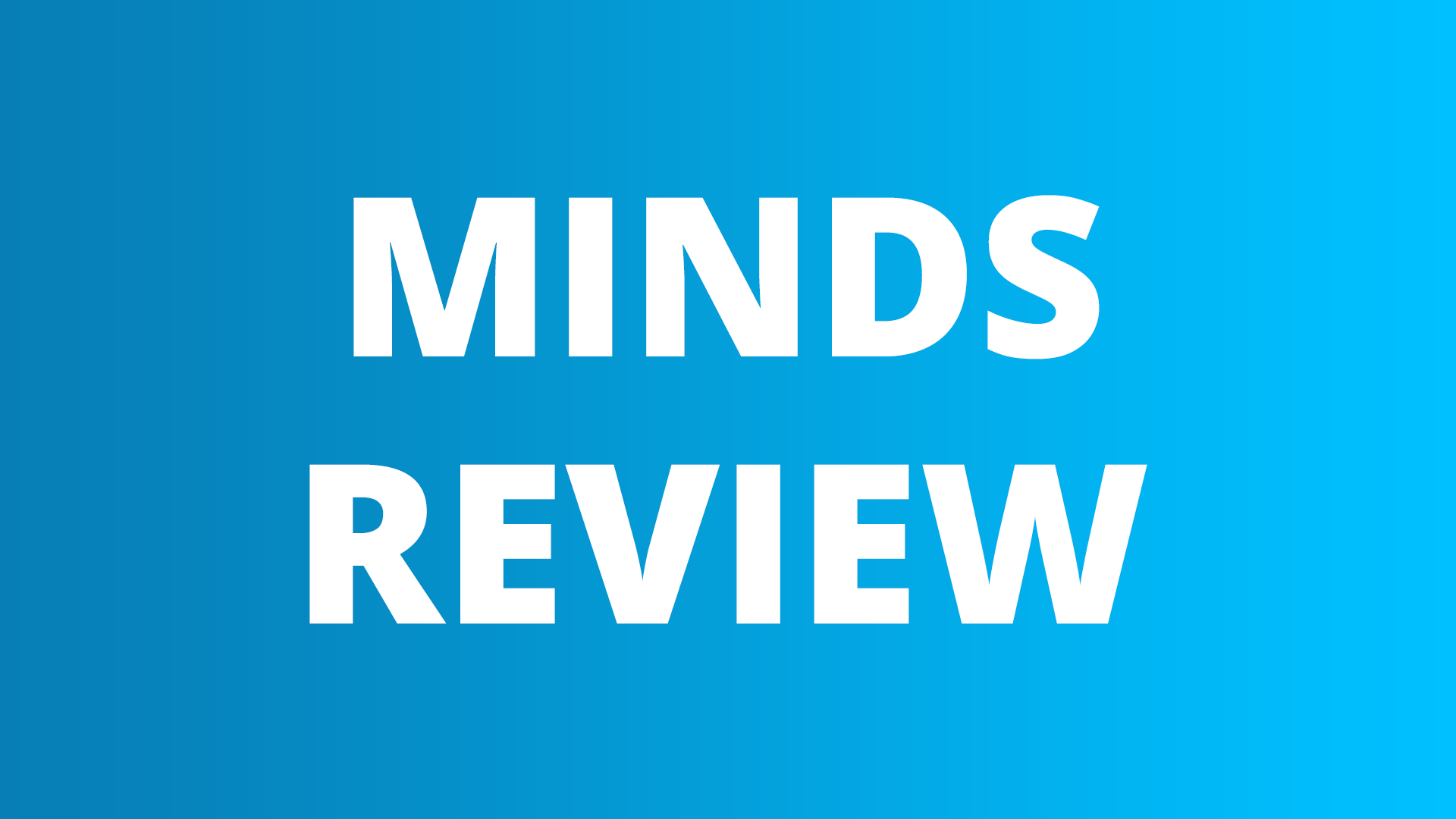In the dynamic landscape of social media, Minds emerges as a platform that challenges the status quo with its commitment to privacy, free speech, and decentralized structure. Launched in 2015, Minds has gained attention for its unique approach to user engagement and content dissemination. In this review, we’ll delve into the various aspects of Minds, examining its features, community dynamics, and the potential impact it can have in a digital world dominated by larger platforms.
User Interface and Features:
Minds introduces itself with a clean and intuitive user interface that mirrors some familiar aspects of other social media platforms. Users can create profiles, share updates, and engage with content through likes, comments, and shares. What sets Minds apart is its commitment to privacy, evident in the implementation of end-to-end encryption for direct messages, ensuring user communications remain confidential.
One distinctive feature of Minds is its reward system, which utilizes a cryptocurrency called Minds Tokens (MT). Users can earn these tokens by creating and engaging with content, and they can use them to boost their posts for increased visibility. This unique approach incentivizes content creation and user engagement, fostering a more active and vibrant community.
Decentralization and Open Source:
One of Minds’ fundamental principles is decentralization, aiming to break away from the centralized control that characterizes many mainstream social media platforms. Minds utilizes blockchain technology, giving users more control over their data and fostering a sense of ownership. The open-source nature of Minds allows users to scrutinize the platform’s code, enhancing transparency and building trust within the community.
Decentralization not only empowers users but also mitigates the risk of censorship. While larger platforms face scrutiny for their content moderation policies, Minds allows users to express themselves freely within the bounds of the law, challenging the traditional narrative of social media content control.
Community and Content:
Minds boasts a diverse community, attracting users from various backgrounds who appreciate the platform’s commitment to free speech and privacy. The absence of algorithmic censorship allows for a wide range of perspectives to be shared, contributing to a more open and democratic digital space. However, this lack of censorship also brings challenges, as it can lead to the presence of extremist or inappropriate content.
The content on Minds covers a broad spectrum, from art and literature to political discourse. Users have the ability to join and create groups, facilitating the formation of niche communities around shared interests. The decentralized structure enables users to curate their content feed based on their preferences, fostering a personalized and tailored user experience.
Monetization and Sustainability:
In the world of social media, sustainability is often linked to monetization strategies. Minds addresses this by offering a range of premium features and subscriptions, allowing users to support the platform financially. The implementation of Minds Tokens also provides an additional avenue for users to earn and spend within the platform, creating a self-sustaining ecosystem.
However, the success of Minds’ monetization approach is contingent on user adoption and engagement. The challenge lies in convincing users to invest not just time but also financial resources in a platform that competes with more established alternatives. The cryptocurrency aspect may also be a hurdle for those unfamiliar or uncomfortable with digital currencies.
Challenges and Criticisms:
While Minds presents an innovative approach to social media, it is not without its challenges and criticisms. The platform has been criticized for hosting extremist content, raising concerns about the balance between free speech and preventing the spread of harmful ideologies. The decentralized nature, while empowering, can also make it challenging to enforce community guidelines effectively.
Moreover, Minds faces the uphill battle of competing against social media giants with significantly larger user bases. Overcoming the network effect and persuading users to migrate from familiar platforms remains a substantial obstacle. Additionally, the open nature of Minds can lead to a more chaotic and less curated user experience, making it challenging for users to discover relevant and high-quality content.
Conclusion:
Minds stands as a noteworthy experiment in the realm of social media, challenging the conventional models that dominate the digital landscape. Its commitment to privacy, free speech, and decentralization sets it apart, offering a platform where users have more control over their digital experience. The innovative use of cryptocurrency and the reward system adds an extra layer to user engagement.
However, Minds is not without its share of challenges. The platform needs to strike a delicate balance between promoting free speech and preventing the spread of harmful content. Moreover, convincing users to make the switch from established platforms and invest in Minds remains a significant hurdle.
As Minds continues to evolve, it has the potential to shape the future of social media by providing an alternative that prioritizes user empowerment and privacy. Whether it can overcome the challenges and establish itself as a mainstream player in the social media arena remains to be seen.
Disclosure: The link below in this post is an ‘affiliate link’. This means if you click on the link and make a purchase, I will receive an affiliate commission.
